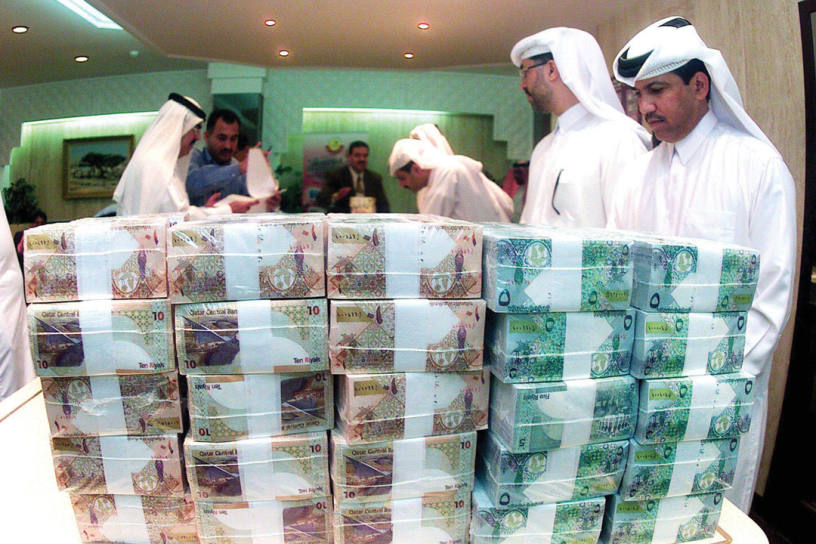For an industry less than 40 years old, the global financial crisis represents the first major challenge that Islamic finance has faced. The fact that it has emerged relatively unscathed when compared to conventional peers is testament to its sound underlying principles. In fact, the demand for Islamic banking services has gained momentum since the onset of the financial crisis as investors looked for a safe haven amid the collapse or struggles of conventional banking giants such as Lehman Brothers.
As a result, predominantly Muslim countries have accumulated substantial liquidity in the region of billions of dollars over the past few years as Islamic investors seek to diversify away from a dependence on dollar-denominated instruments, which have become risky due to the high level of US debt. High oil prices this year have further helped increase liquidity in the system for countries throughout the Gulf.












